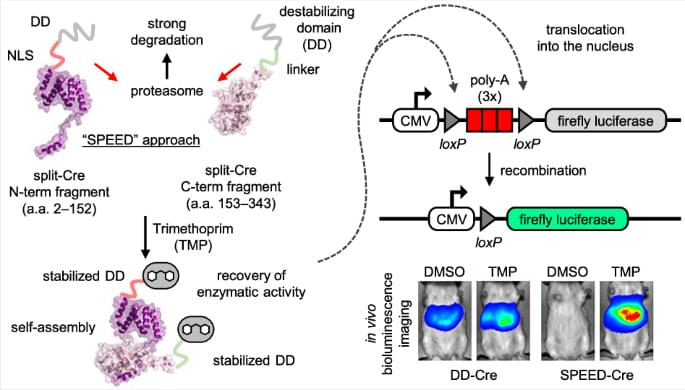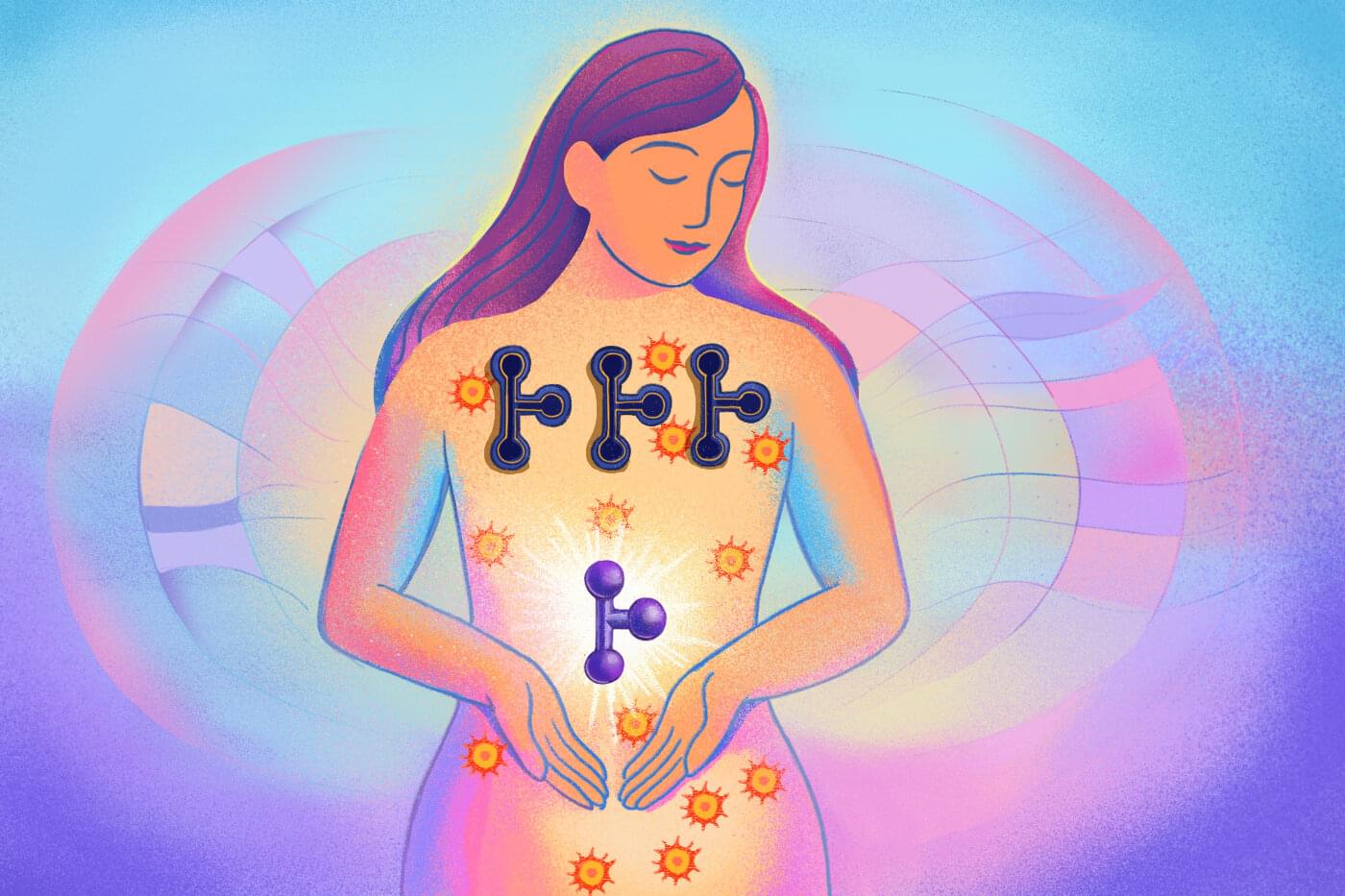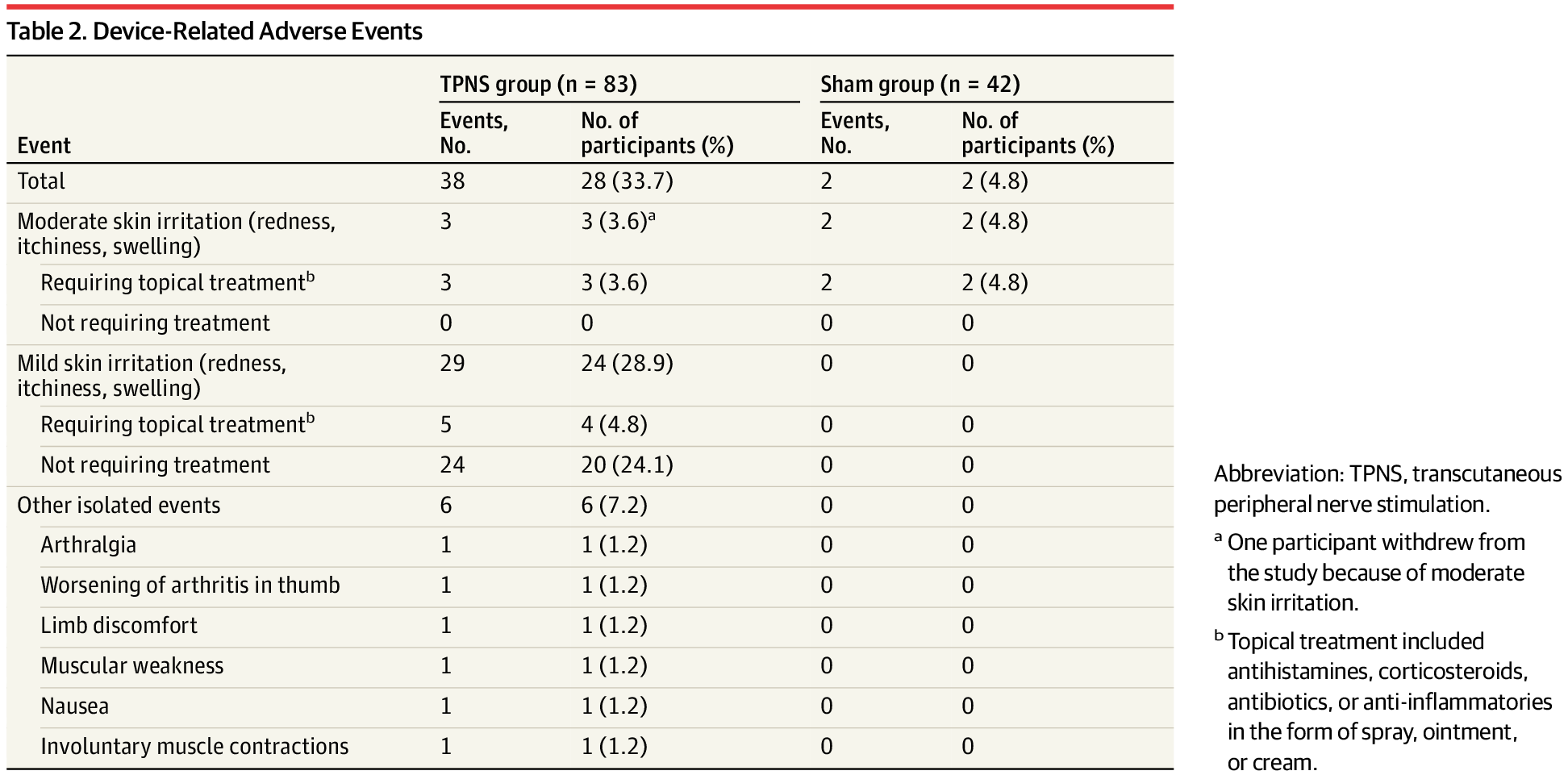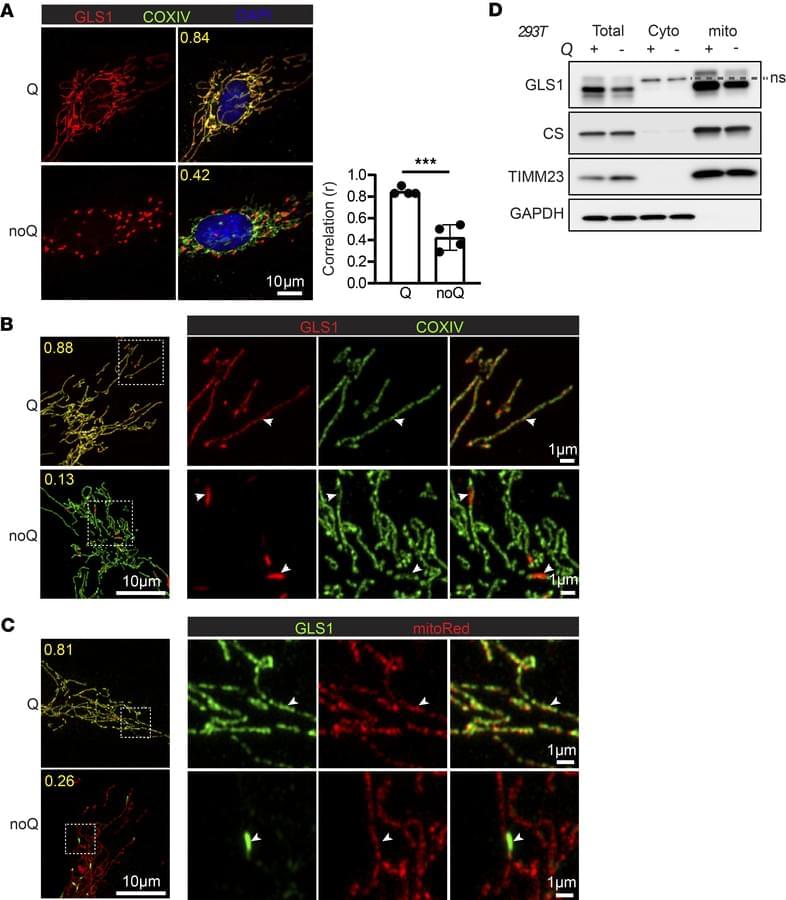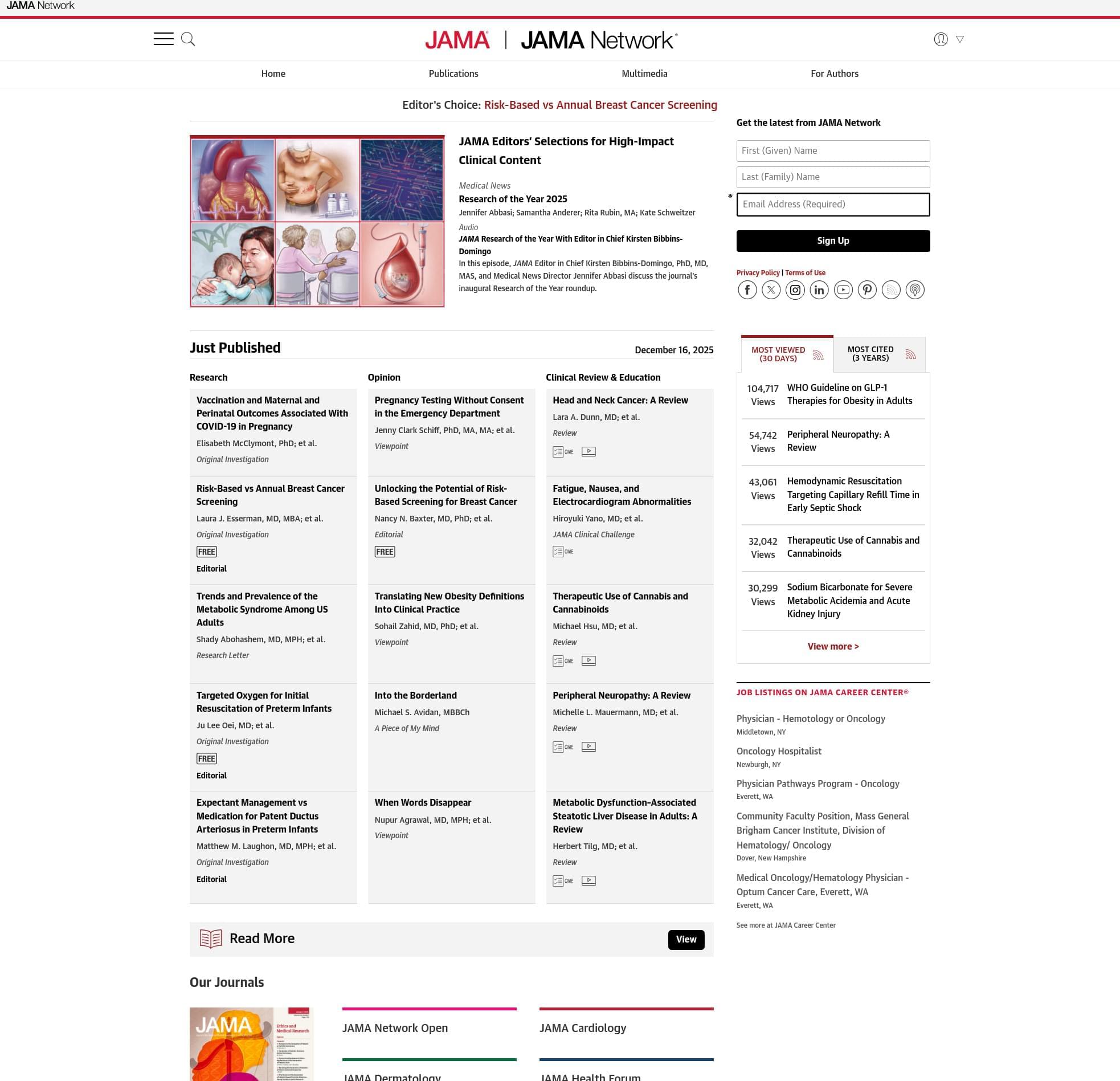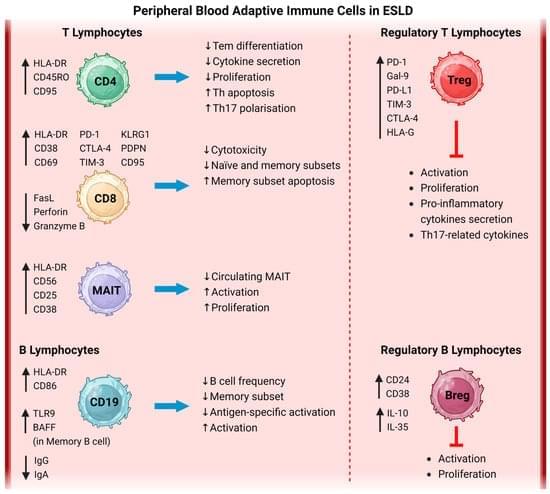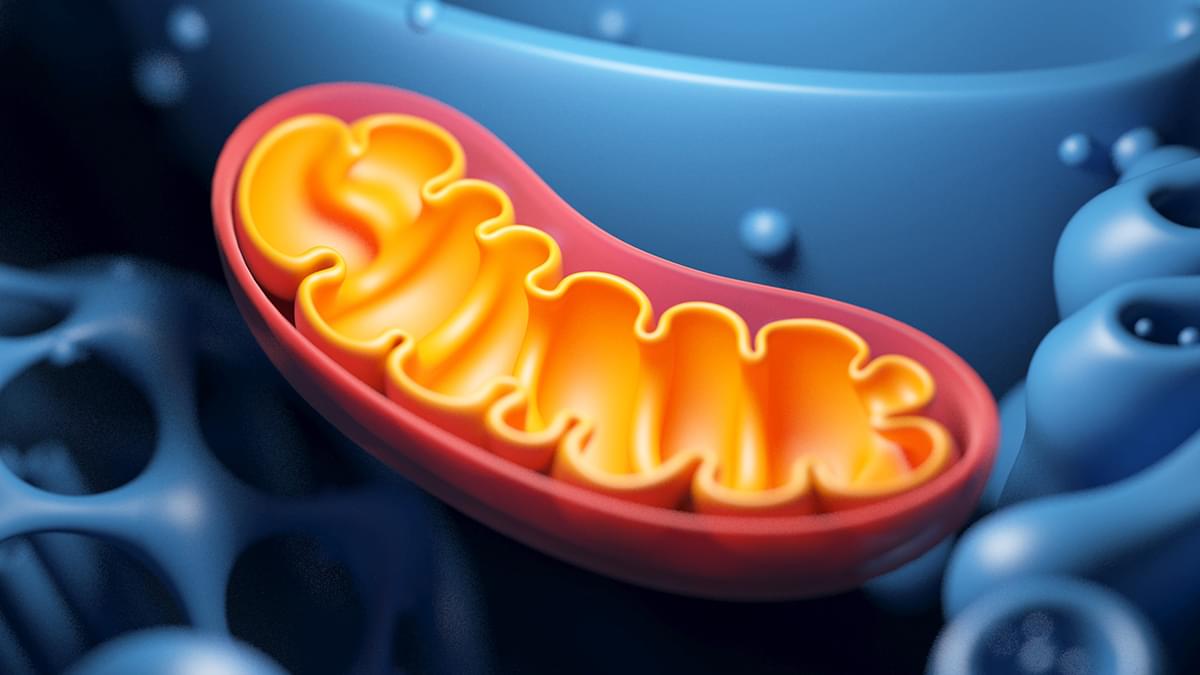Lex Fridman Podcast full episode: https://youtube.com/watch?v=1C2tPFCGL1U
Please support this podcast by checking out our sponsors:
- BetterHelp: https://betterhelp.com/lex to get 10% off.
- Grammarly: https://grammarly.com/lex to get 20% off premium.
- Magic Spoon: https://magicspoon.com/lex and use code LEX to get $5 off.
- Blinkist: https://blinkist.com/lex and use code LEX to get 25% off premium.
- Eight Sleep: https://www.eightsleep.com/lex and use code LEX to get special savings.
GUEST BIO:
Chris Mason is a professor of genomics, physiology, and biophysics at Cornell, doing research on the long-term effects of space on the human body. He is the author of The Next 500 Years: Engineering Life to Reach New Worlds.
PODCAST INFO:
Podcast website: https://lexfridman.com/podcast.
Apple Podcasts: https://apple.co/2lwqZIr.
Spotify: https://spoti.fi/2nEwCF8
RSS: https://lexfridman.com/feed/podcast/
Full episodes playlist: https://www.youtube.com/playlist?list=PLrAXtmErZgOdP_8GztsuKi9nrraNbKKp4
Clips playlist: https://www.youtube.com/playlist?list=PLrAXtmErZgOeciFP3CBCIEElOJeitOr41
SOCIAL:
- Twitter: https://twitter.com/lexfridman.
- LinkedIn: https://www.linkedin.com/in/lexfridman.
- Facebook: https://www.facebook.com/lexfridman.
- Instagram: https://www.instagram.com/lexfridman.
- Medium: https://medium.com/@lexfridman.
- Reddit: https://reddit.com/r/lexfridman.
- Support on Patreon: https://www.patreon.com/lexfridman
